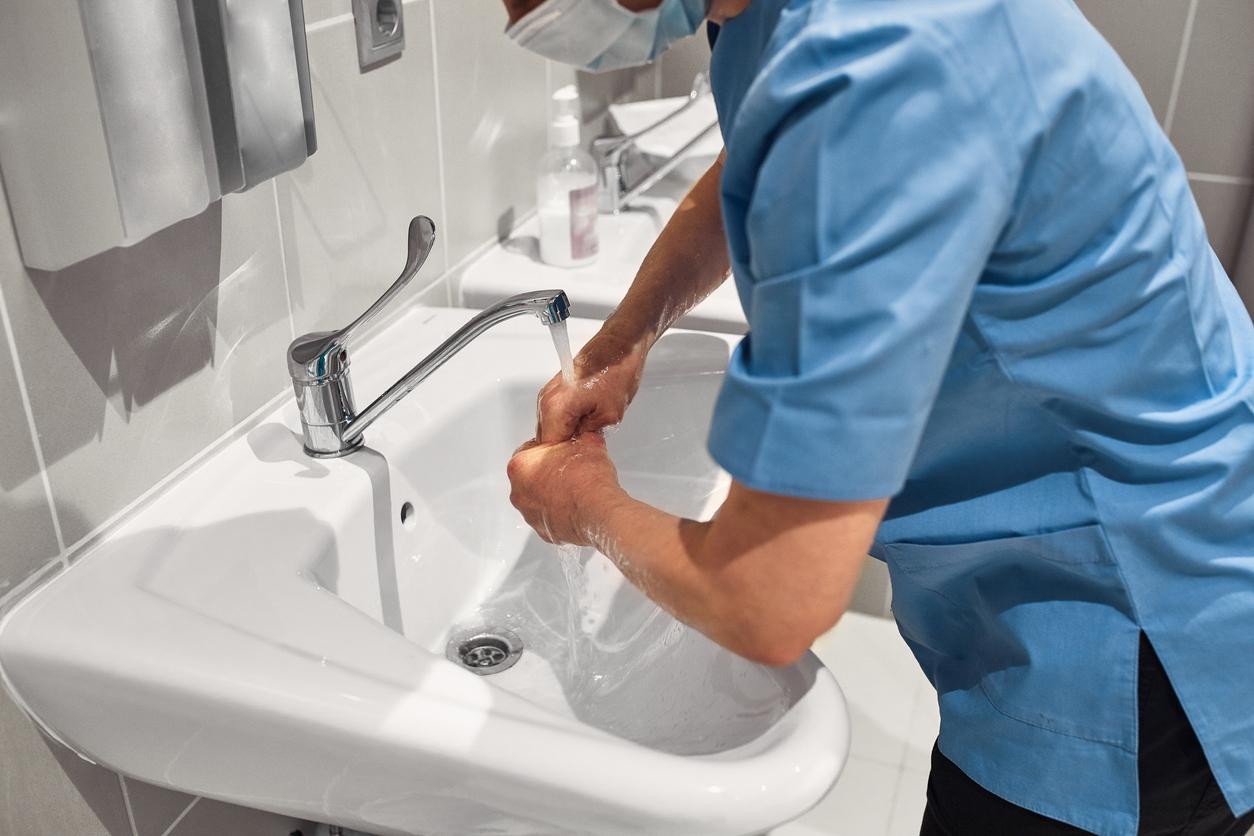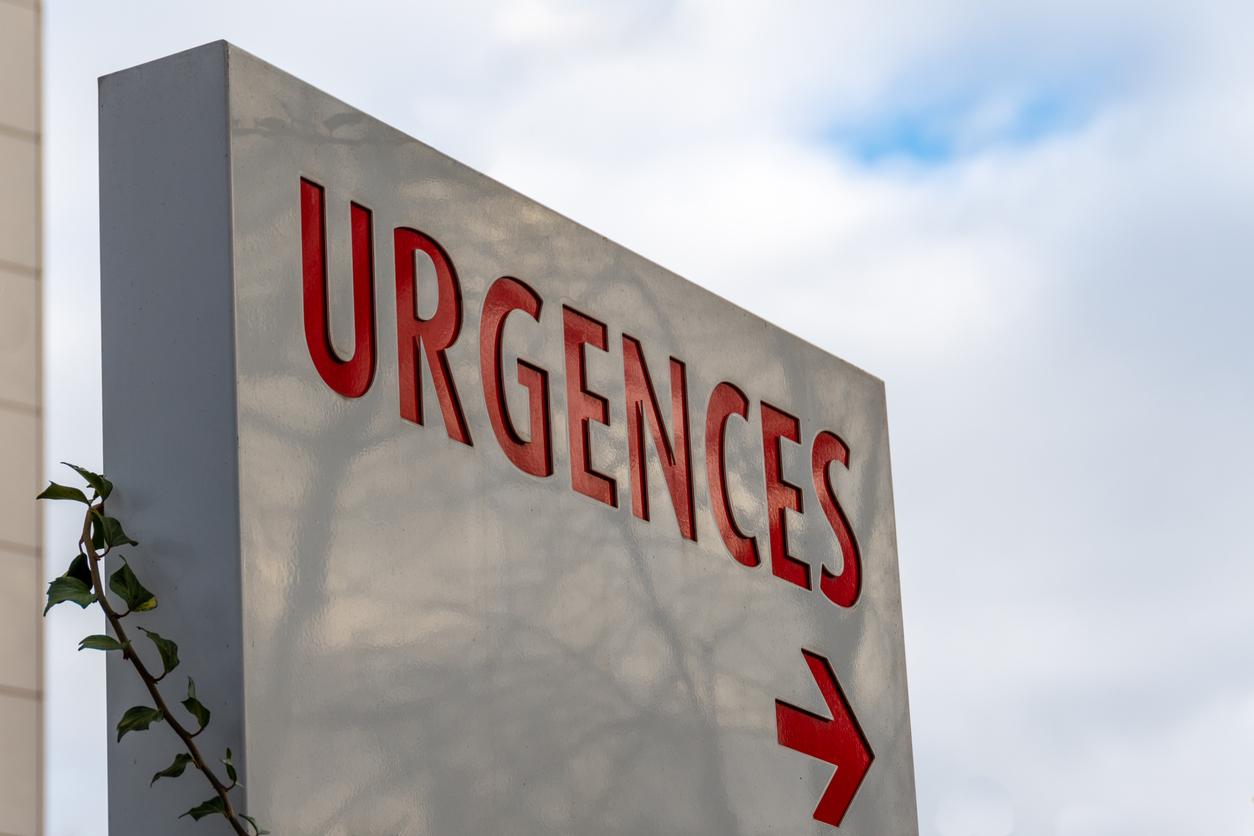Because of the great fragmentation of medicine and the lack of communication between health professionals, it is extremely difficult to be well cared for in the United States, even when you can afford to go to the hospital.
-1609864577.jpg)
- The wealthiest Americans are worse off than people in other industrialized countries.
- They are more likely to die of a heart attack, or even die in childbirth for women, than in another country.
- According to the researchers, this is due to a fragmented vision of medicine, where practitioners do not communicate with each other.
Wealth can buy many things, but not health. In the United States, the health system is radically different from the one we know in France. Contrary to ours, there everything is organized around private insurance companies, which are relatively expensive, which reduces the possibilities of benefiting from good health coverage at lower cost. This system, which has many drawbacks, is not necessarily suitable for the richest people either, as shown by researchers from the University of Pennsylvania in Philadelphia (United States). The results of their study were published on December 28, 2020 in the journal JAMA Internal Medicine.
For this study, the researchers looked at the richest people in the United States, those who are part of the 1%. They compared their health problems and the way they are treated with 12 industrialized countries, including France, Switzerland, Japan, Canada or the Netherlands. It turns out that Americans with the highest incomes are, on average, more likely to die of a heart attack or cancer, during childbirth or to lose an infant than people in these other 12 countries. industrialized.
Poor results compared to other industrialized countries
“We’re talking about the white people, and we’re talking about the white people who live in the wealthier parts of the countrysays the study’s lead researcher, Dr. Ezekiel Emanuel, chair of medical ethics and health policy at the Perelman School of Medicine at the University of Pennsylvania in Philadelphia. We looked at the best practices in the United States and compared them to the average in other countries. We are not better than the others”. His colleague, Laurie Martin, a health policy researcher at the RAND Corporation, a California-based global policy think tank, comes to the same conclusion. “Our health care system has a lot of room for improvement. We already knew that, but it adds to the discussion in that it’s really comparing who in the United States theoretically has the most privilege, the most access, the most choice, to people from other countries.”
For their comparison with the other twelve countries, the researchers relied on the richest 5%, so that incomes are similar. They found that these Americans — whose average household income is about $84,000 a year — had better health outcomes than the average American. However, at the same time, comparing the results with other countries, almost 13% of privileged Americans aged 65 or over die of a heart attack, while the rate is 10% in Norway and almost 11% in Denmark. In addition, infant mortality among affluent Americans is 3.5 to 4 deaths per 1,000 live births, higher than in all 12 countries compared. In detail, mortality among women at the time of childbirth is also higher in the United States, with 26 deaths per 100,000 births. Only the treatment of breast cancer is better managed in the United States than in the rest of the world.
A fragmented medicine that is not very open to dialogue
The researchers explain these poor results by the fragmentation of the American health system compared to other nations. There, patients have to deal with multiple levels of doctors, specialists, pharmacists and insurers to get their illnesses treated, when in other countries healthcare is more streamlined and patient data is more easily shared between healthcare professionals.
“Maybe that’s one of the reasons why we do better in some cancers, because in my experience, once you have cancer, it’s the oncologist who takes over and coordinates everything, because it’s your most serious diseaseadds Ezekiel Emanuel. Whereas if you have several other diseases, you have arthritis, heart disease or lung disease, each takes care of its small part but no one takes care of all.”
.

















